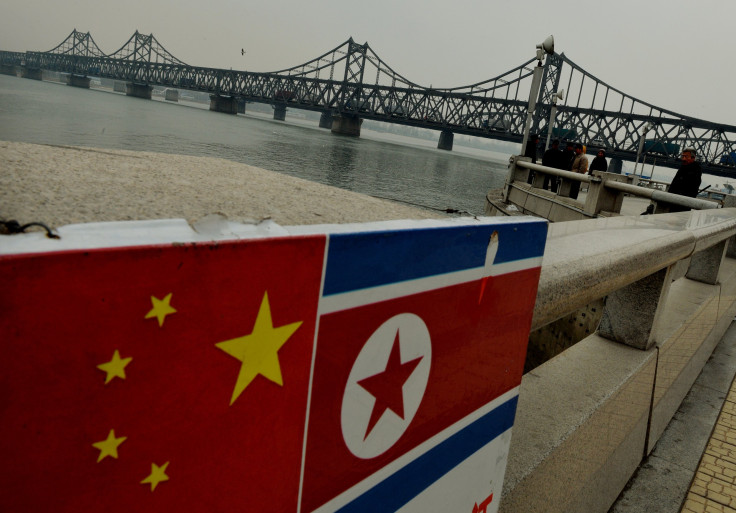China Announces Trade Restrictions, Bans Export Of Jet Fuel To North Korea In Line With UN Sanctions

China’s commerce ministry announced Tuesday that it would restrict imports from North Korea, after being urged by the international community to strengthen its stance against Pyongyang following its fourth nuclear test, and missile and rocket launches, Yonhap reported. Beijing also announced that it will ban the export of jet fuel to the Kim Jong Un regime, going by the sanctions slapped on the country by the United Nations Security Council.
The Security Council, with the backing of China, had adopted the harshest sanctions against North Korea last month after Pyongyang's fourth nuclear test in January and a rocket launch the following month. China has so far been the most important ally of the reclusive country, whose leader has called for more nuclear weapons and stronger defense capabilities.
The latest U.N. sanctions need member states to prohibit imports of North Korean gold and rare earth metals. However, the trade in the coal and iron ore from Pyongyang is allowed to continue if the proceeds from it are related to “livelihood purposes.”
Beijing added that it will continue to import coal, iron and iron ore from North Korea if the transactions are related to the livelihood purposes and if the revenues are not used to develop North Korea’s nuclear and missile programs.
Experts say that the revenue from the mining sector in the country, which has already been cut off from the rest of the world, allows the country to underwrite its expenditure on military, Reuters reported. The Yonhap report added that 90 percent of foreign trade for North Korea comes from China and the trade in minerals is an important part of the bilateral trade.
However, another report by Yonhap said, citing a South Korean envoy, that there has been no change in trade relations so far between Pyongyang and Beijing since the U.N. sanctions were put in place.
“No specific figures, including changes in North Korea-China trade volumes and (China's) imports volume of (North Korean) coal, have been reported yet,” Kim Jang-soo, the South Korean Ambassador to China, said in Beijing, according to Yonhap. He also added that China will submit a report to the U.N. about the implementation of the sanctions within 90 days of it being adopted. The report will help decide if Beijing is enforcing sanctions effectively. He also added that the South Korean officials are closely monitoring Beijing's implementation of the U.N. sanctions against North Korea.
© Copyright IBTimes 2024. All rights reserved.












